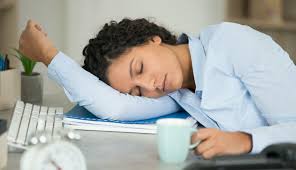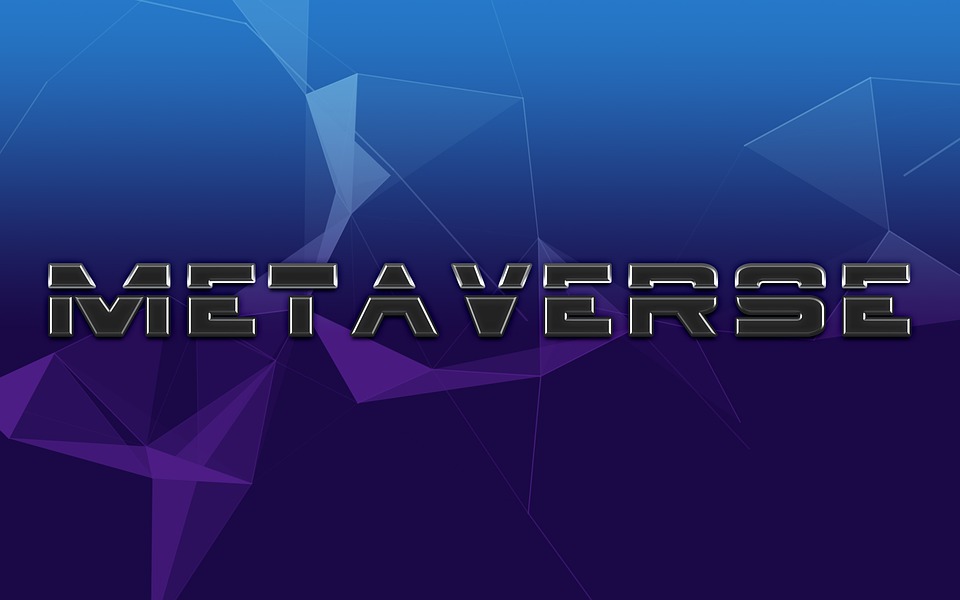Health & Medicine
Is Your Sleepiness Due to Narcolepsy?
by Author
-
Saturday, December 9, 2023
37 Views
If you are always tired, you may have narcolepsy. However, how can you spot the red flags? Which symptoms and indicators correspond to narcolepsy? What alternatives do you have for treatment? Is it safe to drive after drinking? The answer to each of these queries is in the affirmative! You ought to consult a physician if you’ve been feeling really exhausted. If you have sudden weakness in your muscles when laughing, you may have cataplexy.
Signs and symptoms Strong feelings are frequently linked to narcolepsy symptoms, which can lead to social and emotional disengagement. Individuals suffering from narcolepsy are at an increased risk of suffering injuries due to sleep episodes, including burns and car accidents. They also have a slower metabolism, which makes them more likely to acquire weight. A diagnosis is necessary for those who are afflicted with this illness.
Individuals with narcolepsy may find that altering their lifestyle improves their quality of sleep and helps them avoid accidents throughout the day. Frequent short naps before bed, short naps before night, and avoiding coffee and alcohol before bed are all good strategies. In addition, regular exercise helps to prevent weight gain and encourage restful sleep. Furthermore, avoiding eating too soon before bed may help with narcolepsy therapy. The best drug for narcolepsy is called Modalert 200, often known as Modvigil 200.
Patients with narcolepsy may have cataplexy, a type of brief paralysis during sleep that impairs their ability to move their limbs or speak. Most people quickly regain their full range of motion following these brief bouts. Additional symptoms of narcolepsy include depression, fatigue, and difficulty focusing or remembering tasks. Periodic leg movements and sleep apnea, which is characterized by short bouts of immobility during REM sleep, are other possible symptoms of this disorder in individuals.
Handling
Excessive sleepiness associated with narcolepsy is treated with medication, behavioral changes, and information relevant to the condition. There are several drugs that may be used to treat excessive daytime sleepiness, including as stimulants, antidepressants, and behavioral therapy. Among the medications developed to treat the illness include modafinil, methylphenidate, and amphetamines. Sedative sodium oxybate has been shown to be effective in treating excessive daytime sleepiness. Lastly, the frequency of sleep crises is reduced with nap therapy.
The most common narcolepsy symptom is excessive daytime sleepiness, which individuals experience at inappropriate times or places. Even after a restful night’s sleep, patients may still nod off when driving, reading, watching television, or attending meetings. These individuals may also experience extreme fatigue during the day and nibble during the night. They could put on a lot of weight as well. Artvigil 150 is a simple narcolepsy medication. Further details are available at BuyGenericPills.
An initial diagnosis of narcolepsy is made based on a comprehensive medical history, physical examination, and medication history. A sleep study may be conducted to ascertain the severity of the symptoms. For a few weeks throughout the experiment, patients might have to wear a wrist motion sensor to record their sleeping patterns. Additionally, patients will be required to keep a notebook in which they will record their feelings while they are awake.
Early identification
Reducing the symptoms of narcolepsy requires early detection of excessive sleepiness. It is identified by abnormally low concentrations of the neurotransmitter hypocretin, which is necessary for consciousness. The condition may result in cataplexy, which can be deadly, if the level is extremely low. There is a way to improve quality of life and lessen symptoms.
One of the main signs of narcolepsy is excessive daytime sleepiness. Those who are affected will also be more likely to nod off at awkward times. Individuals with this disorder may experience hypnogogic hallucinations, which are vivid visual hallucinations that happen during rapid eye movement (REM) sleep. In rare cases, the body might experience cataplexy, which is characterized by a sudden drop in muscle tone and complete paralysis of the muscles, possibly lasting several minutes.
Narcolepsy can cause problems for both adults and children in the classroom and other pursuits. During an activity, they can nod off and forget what they’ve done. Other signs of narcolepsy include accidents and storing items in odd places. Children may also find it difficult to focus during activities and do their assignments. Consult your physician if you’re not sure if you’re having sleep issues. They are qualified to determine if you have narcolepsy.
Visit: The Inbound Stories






